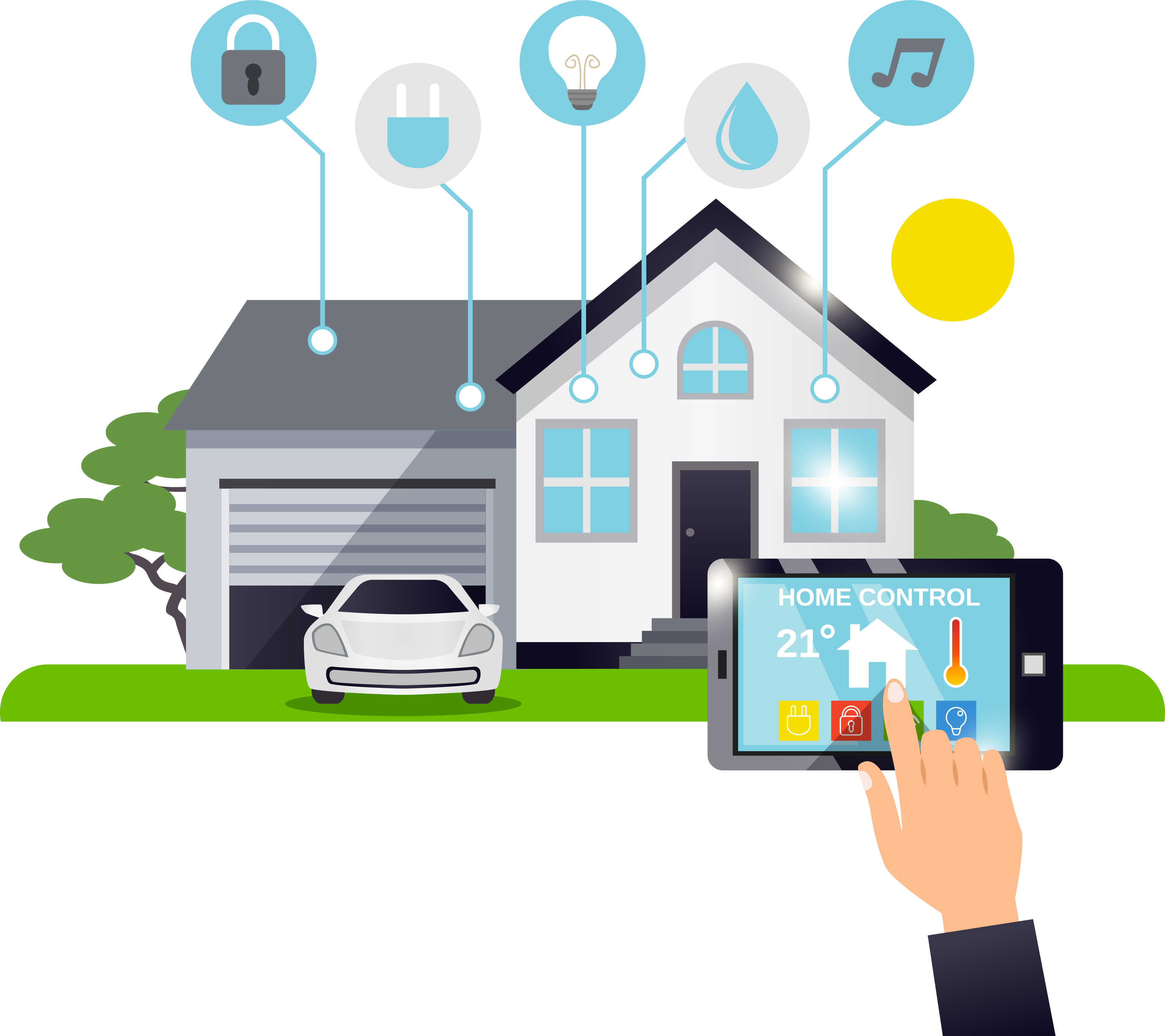Discover Australia's Finest
Explore the latest news, insights, and stories from down under.
Smart Homes or Smart Hoax? The Truth Behind Home Automation
Discover the real story behind smart homes! Are they the future of living or just a high-tech fantasy? Find out now!
Is Home Automation a Smart Investment or a Smart Hoax?
In recent years, home automation has gained significant traction as a technological trend, promising convenience and energy efficiency. Many homeowners are drawn to the idea of controlling their lighting, heating, and security systems remotely, often through intuitive smartphone applications. However, before diving headfirst into the world of connected devices, it's essential to consider whether such investments truly enhance your quality of life or simply serve as an overpriced novelty. With minimal upfront costs for basic systems and widely varying functionalities among devices, the question arises: is home automation a practical investment or merely a smart hoax?
Proponents of home automation often cite potential savings on energy bills and increased home security as key benefits. For example, smart thermostats can significantly reduce heating and cooling costs by learning your schedule and adjusting temperatures accordingly. Conversely, skeptics argue that the cost of setting up a comprehensive system can outweigh any financial gains and raise concerns about privacy and technology dependence. Ultimately, whether you view home automation as a savvy investment or an elaborate gimmick depends on your lifestyle, budget, and willingness to embrace technology in your daily life.

The Pros and Cons of Smart Home Technology: What You Need to Know
Smart home technology offers a myriad of benefits that can enhance our daily lives. One of the most significant pros is improved convenience; with the ability to control various devices remotely through a smartphone app, tasks such as adjusting the thermostat, turning on lights, or managing security systems can be done effortlessly. Additionally, smart home devices can contribute to energy efficiency. For example, smart thermostats learn your schedule and can optimize heating and cooling based on your habits, potentially leading to savings on utility bills.
However, as with any technology, there are challenges and drawbacks to consider. Privacy concerns are paramount, as many smart home technologies collect and store personal data, which could be vulnerable to breaches. Furthermore, the initial investment for setting up a smart home can be significant; high-quality devices and compatible systems may strain your budget. Maintenance and troubleshooting can also pose issues, especially for those not tech-savvy. Weighing the pros and cons of smart home technology is essential before making any decisions.
How Secure are Smart Homes? Debunking Myths and Misconceptions
Smart homes have revolutionized the way we interact with our living spaces, offering unprecedented convenience and control through connected devices. However, concerns over security often overshadow their benefits. How secure are smart homes? This question is commonly met with skepticism, primarily due to prevalent myths and misconceptions. One key myth is that smart home technology is inherently insecure. In reality, while vulnerabilities do exist, many manufacturers implement robust security measures such as encryption and regular software updates to safeguard user data.
Another misconception is that smart home devices are exclusively targeted by hackers. Contrary to this belief, studies show that traditional home security measures can also be at risk. For instance, a poorly secured Wi-Fi network can expose a homeowner to breaches regardless of whether or not smart devices are in use. It's essential for users to adopt best practices, including changing default passwords and employing firewalls, to enhance their overall security. Ultimately, with proactive management and informed decision-making, the security of smart homes can significantly improve, making them a viable and safe option for modern living.